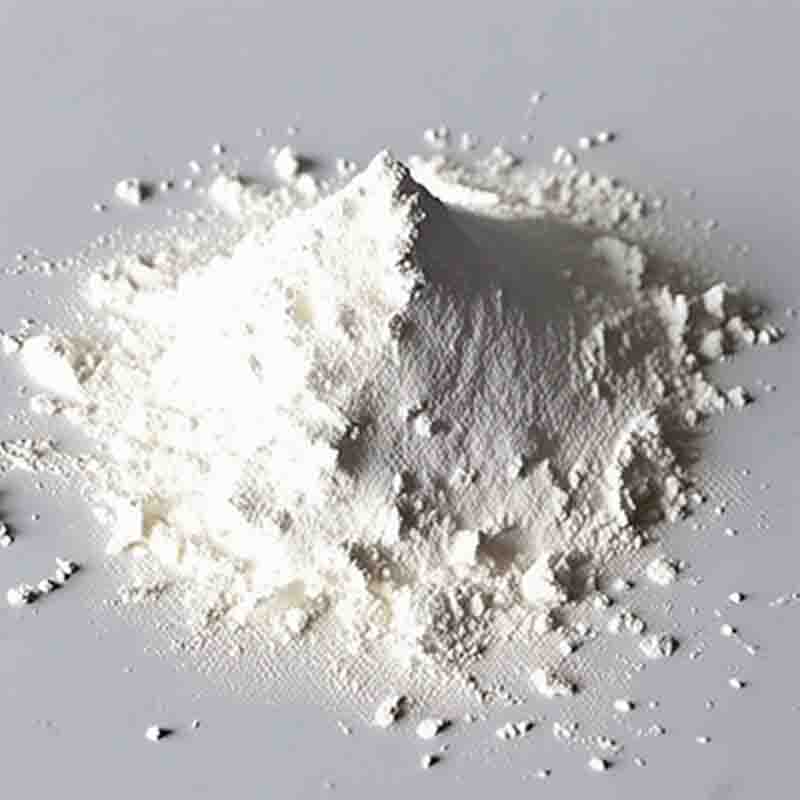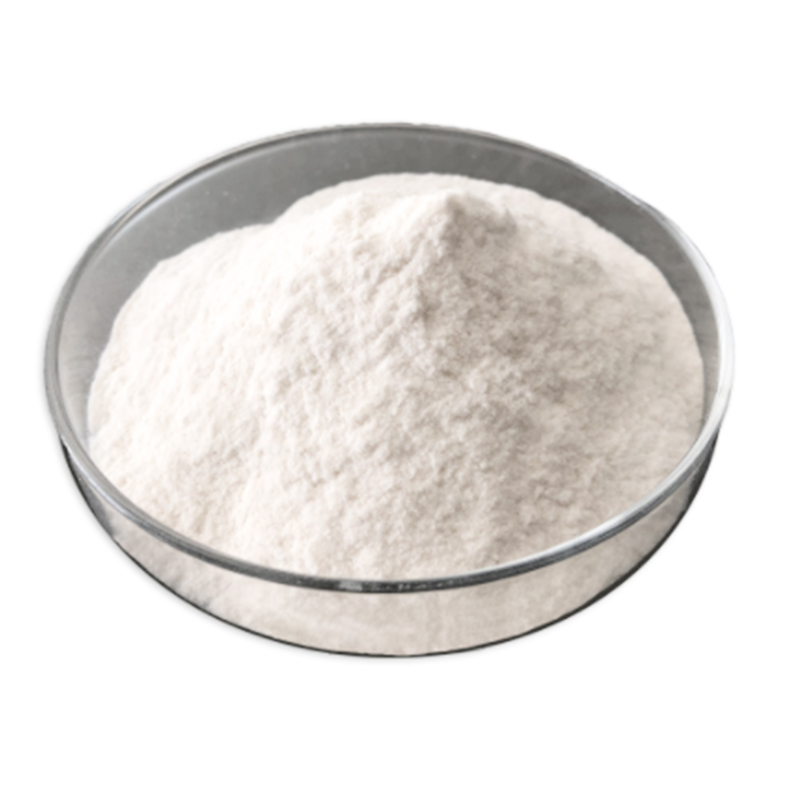indole-3-carboxylicacid CAS:771-50-6
| Catalog Number | XD94783 |
| Product Name | indole-3-carboxylicacid |
| CAS | 771-50-6 |
| Molecular Formula | C9H7NO2 |
| Molecular Weight | 161.16 |
| Storage Details | Ambient |
Product Specification
| Appearance | White powder |
| Assay | 99% min |
Indole-3-carboxylic acid (ICA) is a naturally occurring compound that belongs to the indole family. It is found in various plants and plays a significant role in their growth and development. Additionally, ICA has shown potential pharmacological effects and therapeutic applications.One of the main effects of ICA is its anti-inflammatory properties. It has been demonstrated to inhibit the production of pro-inflammatory molecules, such as tumor necrosis factor-alpha (TNF-α) and interleukin-6 (IL-6). By reducing inflammation, ICA may help alleviate symptoms associated with inflammatory conditions, such as arthritis and inflammatory bowel diseases.ICA has also been studied for its potential anti-cancer effects. Research suggests that it may have cytotoxic effects on cancer cells, particularly in breast, lung, prostate, and colon cancers. ICA has been shown to induce apoptosis (programmed cell death) and inhibit cell proliferation in cancer cells, suggesting its potential as an anticancer agent. Additionally, it has been observed to enhance the efficacy of certain chemotherapeutic drugs, making it a promising candidate for combination therapy.Furthermore, ICA has demonstrated antioxidant activity. Oxidative stress, caused by an imbalance between free radicals and antioxidants in the body, is implicated in several diseases. ICA has been found to scavenge free radicals and mitigate oxidative damage, thus potentially reducing the risk of various chronic conditions, including cardiovascular diseases and neurodegenerative disorders.Studies have also suggested the neuroprotective effects of ICA. It has been shown to protect neurons against oxidative stress-induced damage and exhibit anti-apoptotic properties in cellular models of neurodegenerative diseases, such as Alzheimer's and Parkinson's diseases. These findings indicate the potential of ICA in the development of therapeutic interventions for neurodegenerative disorders.While ICA holds promise as a therapeutic agent, more research is needed to fully understand its effects and mechanisms of action. Furthermore, it is important to note that the bioavailability and stability of ICA may pose challenges for its clinical use. Therefore, further studies are warranted to determine optimal delivery methods and dosage regimens for its potential therapeutic applications.In summary, indole-3-carboxylic acid exhibits anti-inflammatory, anticancer, antioxidant, and neuroprotective effects. These properties make it an interesting compound for potential therapeutic applications in various diseases. However, further research is needed to fully explore its therapeutic potential and ensure its safe and effective use.


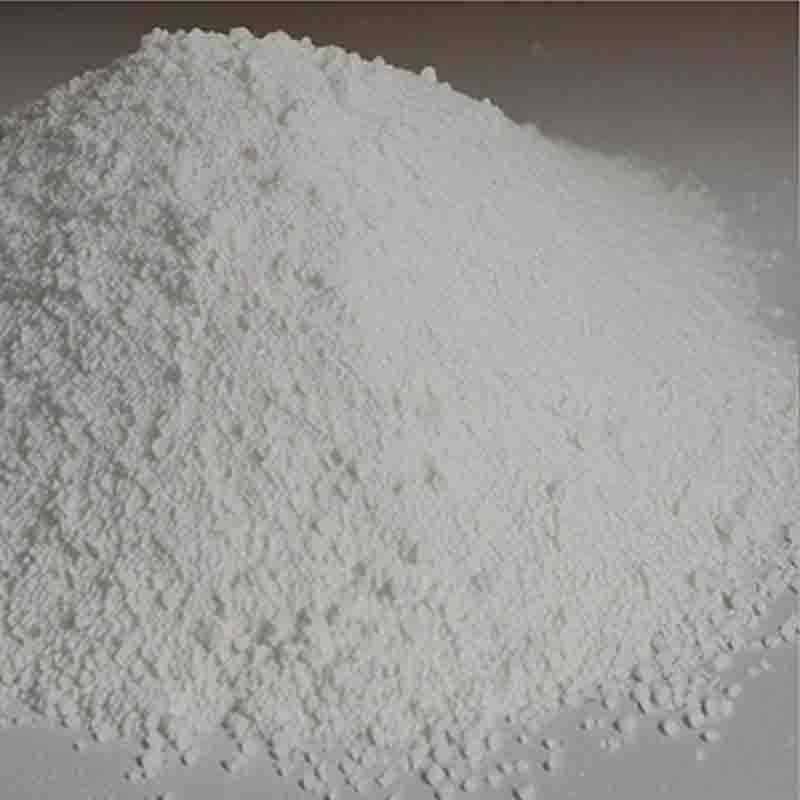

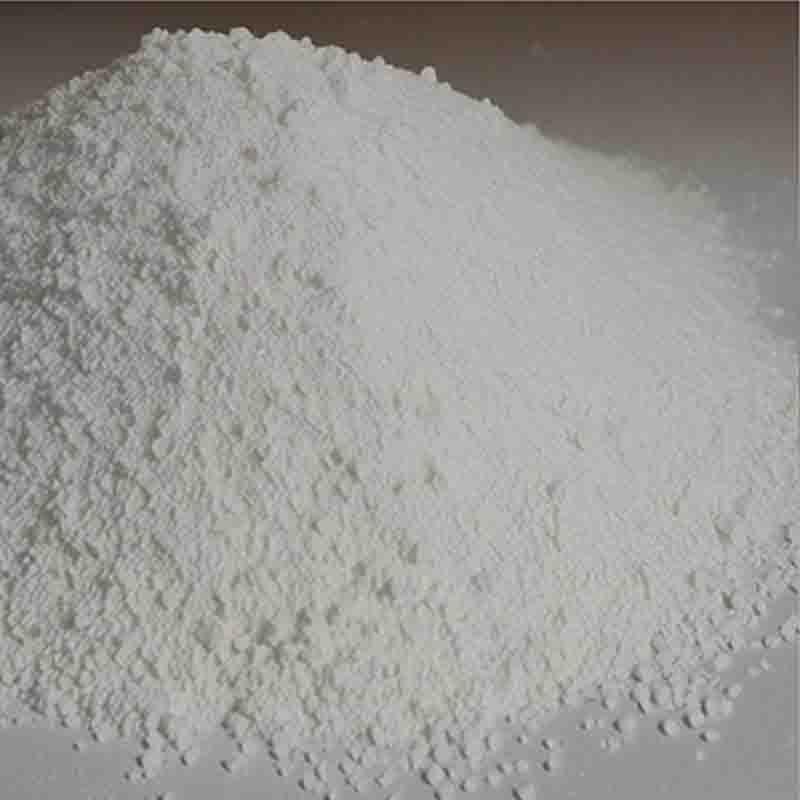
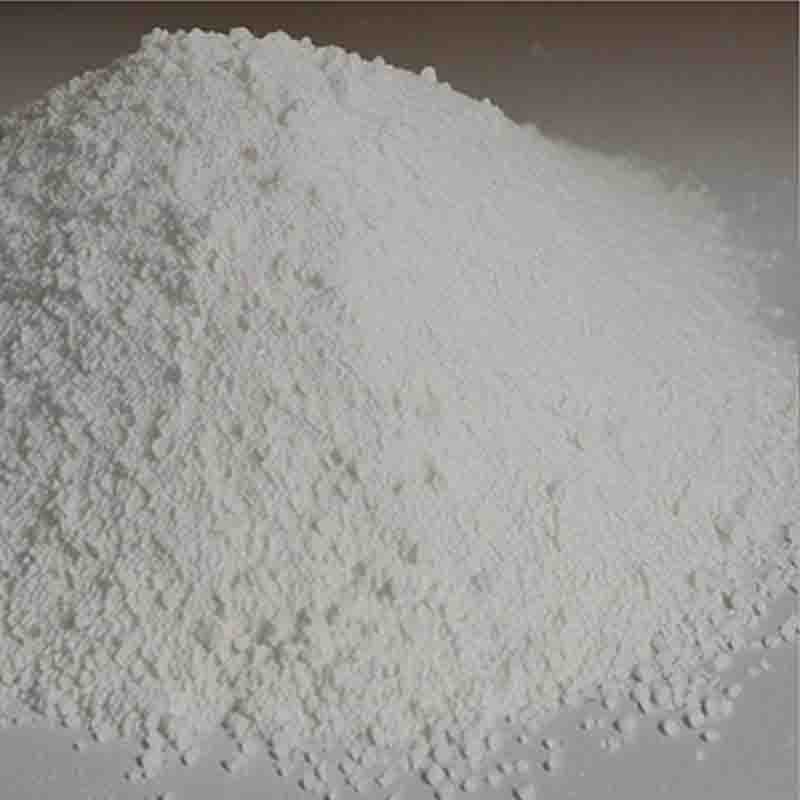
![2,4-Diphenyl-6-[4-(4,4,5,5-tetramethyl-1,3,2-dioxaborolan-2-yl)phenyl]-1,3,5-triazine CAS: 1219956-23-6](https://cdn.globalso.com/xdbiochems/白色粉末1706.jpg)
